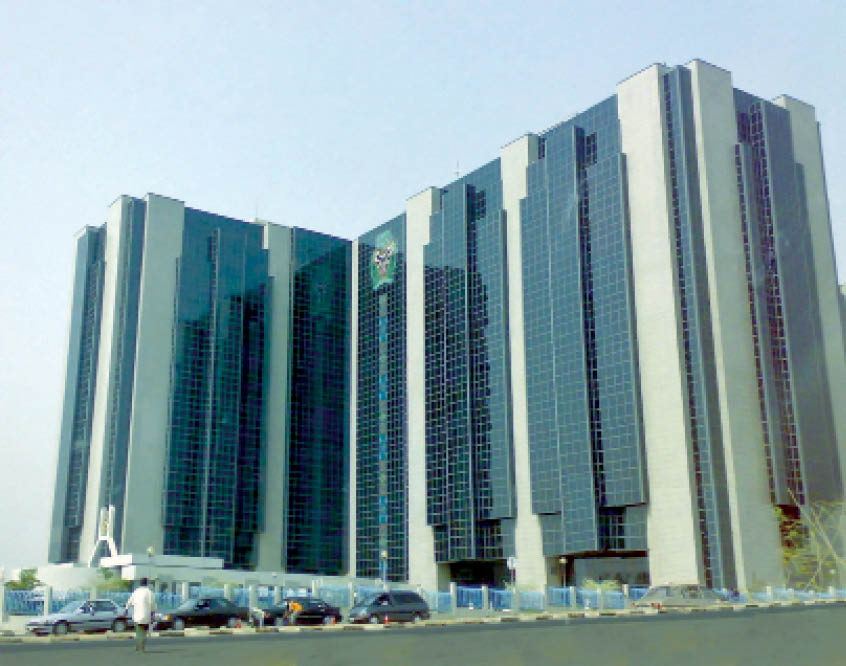In its latest move to fight the rising specter of inflationary pressure in the country, the Central Bank of Nigeria (CBN), on Tuesday, September 27, raised the Monetary Policy Rate (MPR) by one percentage point to 15 per cent. It also raised the Cash Reserve Ratio (CRR) from the banks to 32.50 per cent.
That was the third time the CBN would raise interest rates this year. It had in May, raised the rate from 11.5 to 13 per cent, which it followed up with another raise in July, to 14 per cent.
- NIGERIA DAILY: ‘Why I Do Not Regret Getting Married At 16’
- Nigeria ranks 86th in the world by Digital Quality of Life – Study
In all of these and similar moves in the recent past, the Monetary Policy Committee (MPC) of the CBN, which has the sole constitutional role to manage interest rates in the country, has been guided in its. decisions by the conviction that inflation in Nigeria is caused by the same factors raising prices in other countries. Therefore, when other countries raise their interest rates, our monetary authorities follow suit. Thus, it is evident that these interest rate decisions have been bland responses to decisions taken by central banks in other countries, including those in the United States (US) and the United Kingdom (UK).
To us at Daily Trust, what the CBN is doing is nothing but taking a lazy way out of a problem. The bank is still stuck with the one-cap-fits-all approach to the inflation fight: raise the interest rate, raise banks’ CRR, etc., irrespective of the actual causes of the problem. The appex bank is not taking into consideration the fact that the causes of the problem in Nigeria are peculiar and require peculiar solutions.
For context, the current wave of inflationary pressures being experienced in advanced countries is partly a consequence of the loose monetary activities that went on there in the wake of the COVID-19 pandemic. It is a known fact that Europe, America and others rendered support to their citizens to enable them to survive the challenges of the pandemic, especially the lockdown and containment measures that restricted movement. They gave money directly to the people because their citizens were out of jobs as a result of the pandemic disruptions. People who were out of work were given financial support; companies that shut down were supported in one form or the other.
The various support progammes led to excessive growth in the money supply in the economies, hence the current pressures on prices.
Our case is different. While it is true that Nigeria is part of the global community that is currently witnessing a general price increase, the case here is not the same as the others. The above narrative suggests that Nigeria’s inflationary pressure is not purely a monetary affair; and this being the case, there is a limit to how far measures that purely target monetary variables such as increases in banks’ CRRs can go.
Under the new CRR of 32.5 per cent, the CBN expects to suck up as much as N6.96trn from the banks’ N21.43trn deposit with it. This N6.96trn is money that the banks must keep with the CBN as reserve, a type of sterilisation, and from which they cannot create credit. This, however, raises the question: If food is not available in the country, how does raising or lowering such variables procure food for the masses at lower prices?
The entire world is also facing the excruciating impacts of the spikes in energy and transportation costs arising from the Russia-Ukraine war. In effect, a great portion of the inflation we have in Nigeria is imported. Our policymakers must come to terms with the reality that this is a supply-side issue, not a demand-side challenge, which their penchant for interest rate hikes clearly implies.
Therefore, what is needed now is a policy mix that will address all the causal factors, including the food dimension of the price pressure. Whichever way you look at it, food inflation is the major problem in Nigeria. Recent inflation figures support this. Headline inflation in June, this year was 18.60 per cent, while food inflation rose to 20.60 per cent. In July, inflation was 19.64 per cent, with food inflation standing at 22.02 per cent. The trend was the same in August.
It stands to reason then that our fight against inflation must address the issue of food. Nigeria currently faces a food security threat. The factors responsible for this are not far-fetched given the high level of insecurity that pervades virtually the entire nation, including the floods. Any solution that will work effectively against the inflationary pressure must of necessity involve measures that make food available in the market so that ordinary people can have access to it. The government should at this stage open the country’s strategic reserves and flood the markets with grains to force down the prices. The government can also import food to support the people.
In the coming days and weeks, Daily Trust expects the CBN and its MPC to take a second look at their latest dose of anti-inflation measures. The reactions of the people and the responses of the relevant variables, including the various measurements of inflation, should be their best guide. The CBN must think out of the box. There is no easy cut and paste way out of this.

 Join Daily Trust WhatsApp Community For Quick Access To News and Happenings Around You.
Join Daily Trust WhatsApp Community For Quick Access To News and Happenings Around You.


